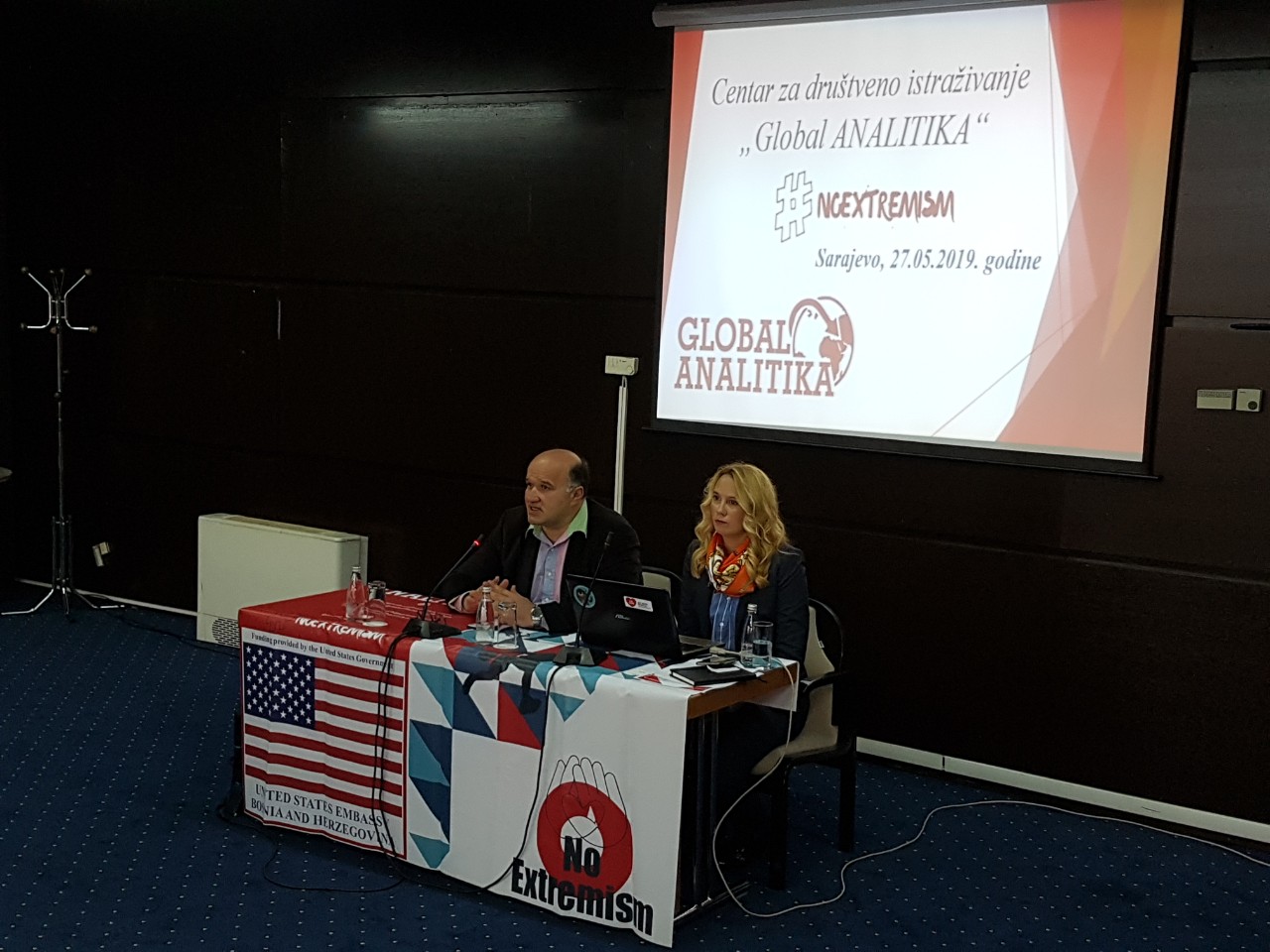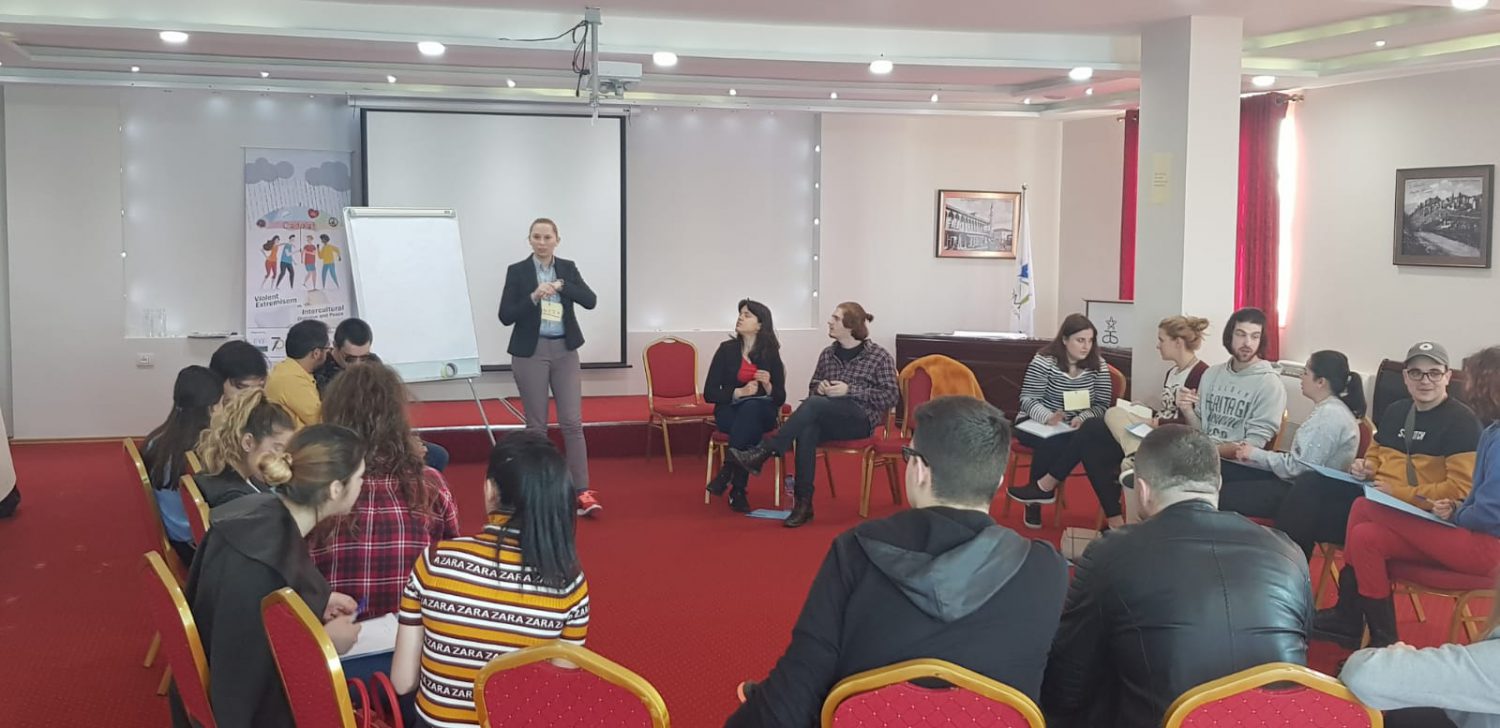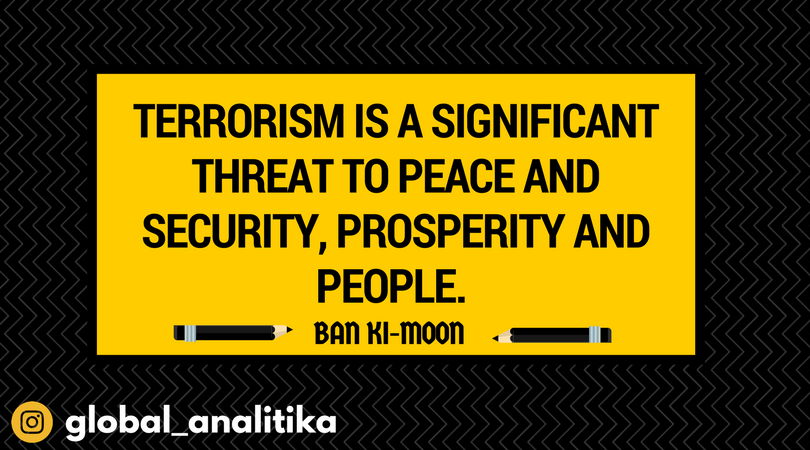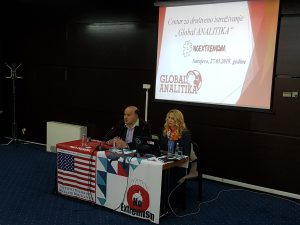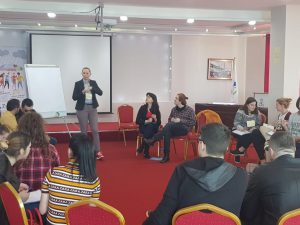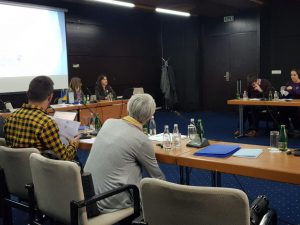The crisis in Ukraine and the conflicts that have a changeable character are in the world’s second plan, primarily because of the recent events around the Syrian crisis and the use of chemical weapons against civilians by Assad’s regime. However, the link between the two most current and most dangerous global crisis situations is reflected in the fact that a number of foreign fighters or mercenaries participate in both battlefields. The terrorist organization ISIL, according to reports of coalition forces and reports by the Russian Army, the Syrian regime, and the Turkish Army, suffered huge losses in the life force and practically lost all the strengths. Currently, ISIS terrorists do not represent a major armed threat in Syria, nor in the region, because the remains of this terrorist organization in the environments with which they have been in a longstanding conflict have been practically broken. On the other hand, in Ukraine are being continued, first of all, the intelligence and reconnaissance operations of the opposing sides, and we have almost daily examples of the information on intelligence and other asymmetric actions on both sides. Ukraine has expanded its list of citizens of citizens fighting for the pro-Russian forces in Donbas. The new list contains the names of 23 more citizens of Serbia who fought in Eastern Ukraine.
“Since October 2017, we have added to the list the names of 103 people with Serbian passport fighting under Russian private military company called Wagner. Belgrade, unfortunately, has not responded yet, but I want to emphasize something. One of the 103 Serbs in 2004-2005 recruited Ukrainians to carry out terrorist acts in European Union member state. We have given his surname to Serb authorities,” the SBU chief said, Vasiliy Hrytsak. He added that Wagner “employed” about 300 Serbs who fought fighting on the Donbass side.
Security Service of Ukraine (SBU) continues to publish new information on the participation of Russian special forces in, as reported in the statement published on March 23, 2018, “terrorist activities” against Ukraine and other states. The report states that the SBU has established the new facts of criminal activity of the Russian special services in different countries of the world, in particular, against Ukraine. Also, the SBU published a dossier on two more Russian mercenaries involved in criminal activity.
Simunyak Oleh Vitaliyovych, born in 1968, a citizen of the Russian Federation and the Republic of Serbia. Participated as a mercenary in the combat operations in Georgia (1992), Bosnia (1993-1995), Kosovo (1999), Macedonia (2001). After the Balkan events, he became the close associate of the Russian citizen Hirkin-“Strelkov” (currently on the SBU wanted list, accused in creating a terrorist organization) and Aleksandr Kravchenko (head of radical Russian-Serbian organisation “Kosovo Front”, a key recruiter of Serbian contractors for combat operations in Eastern Ukraine and Syria).
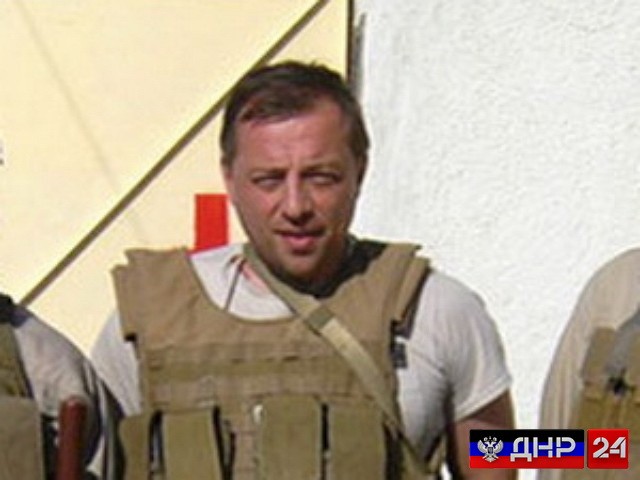
According to this statement, in 2003-2004, Simunyak, using the established contacts with members of Russian extremist organizations, planned terrorist acts during the summer Olympic Games. According to the agreement on cooperation that was in force at the time, the SBU provided the FSB with the operative information on Simunyak searching for the accomplices of the terrorist act on the territory of Russia and Ukraine. Subsequently, the FSB officer provided Simynyak with the SBU information and instructed him to stop the activities in Ukraine and return to Russia. Subsequently, Simunyak was repeatedly used by the Russian special services as an agent provocateur in the national-patriotic environment, in particular, in the case of the Colonel of Russia’s Armed Forces V. Kochkov. Starting 2014, Simunyak participated in combat operations in Eastern Ukraine and in Syrian Arab Republic as part of Russia’s special services unit “’Vagner’ Private Military Company” (personal number – M-0217, position – commander of an engineer-intelligence squad of the engineer-combat troop).
What is particularly interesting in terms of potential security threats for Bosnia and Herzegovina is that some members of the Wagner organization participated in the aggression against Bosnia and Herzegovina, as well as in the war in Kosovo. Together with other citizens of Serbia and BiH, members of Wagner, as well as some other extremist organizations from Serbia and Russia, these foreign fighters, participate in the current conflicts in Syria and in Ukraine on the Russian or Pro-Russian side. Due to the complexity of political relations in BiH, and the pressure on the work of the competent institutions, but also because of the support which these “foreign fighters” have from some political options in BiH, it is sometimes difficult to monitor, take legal and operational measures and actions against them.
After Bosnia and Herzegovina is faced with security risks posed by returnees from the Syrian-Iraqi battlefields, who were members of a terrorist organization ISIS and other extremist groups, there is now a new security risk.
Depending on the development of the situation in Syria as well as Ukraine, the security risk will represent the return of those persons to BiH, respectively to Serbia and the region, primarily because of the huge military experience they have gained over many years of struggle. If accurate allegations by the Security Service of Ukraine, about 300 members of the Wagner group and other extremist organizations, who are citizens of Serbia and BiH, then the fact is that this is a more complex and bigger security challenge that requires the planning, timely and adequate response of the relevant agencies and the institution of the state of Bosnia and Herzegovina.




